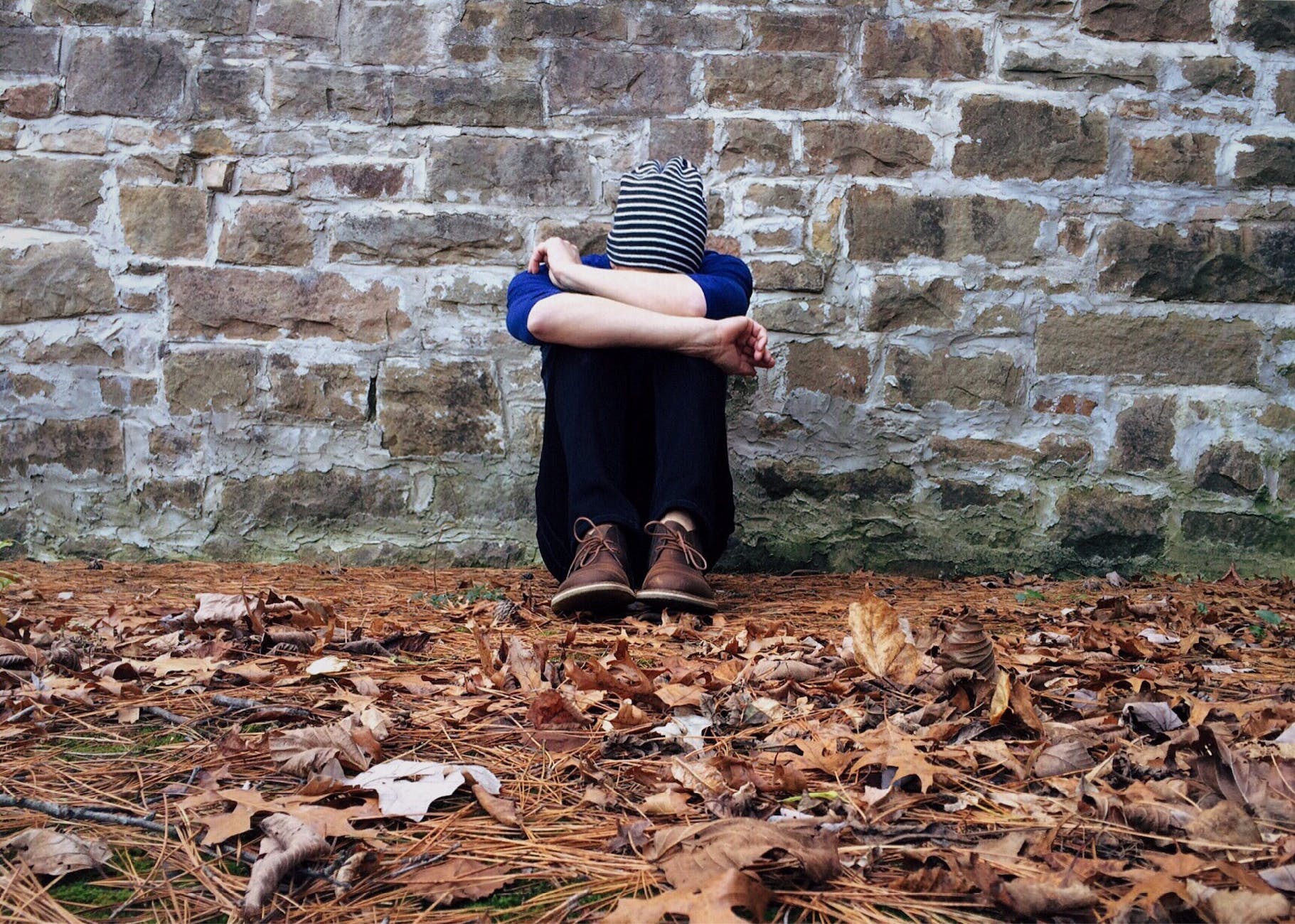I went into death doula work because I believe, at my core, that everyone deserves a good death. Unfortunately, too many people experience a paralyzing fear of this inevitable part of life. They do everything they can to NOT think about it. Some even actively deny that death even occurs. As a result, they’re not planning or talking about it either. And so a good death remains elusive.
Dying is profound and sacred. But in all of my years working in and around death, I’ve never seen a reason to be afraid of it.
Testimonies from people who’ve clinically died and been brought back are overwhelmingly positive. Many report feeling love and peace on the other side. A few didn’t even want to come back.
Still, so many are afraid, and the resulting consequences shouldn’t be ignored.
Death Anxiety
Fear of death alters behaviors and destinies. Governments, religions, and corporations use this fear to manipulate and control.
In The Worm at the Core: On the Role of Death in Life, authors Sheldon Solomon, Jeff Greenberg, and Tom Pyszczynski discuss how death anxiety often presents itself in negative ways.
For example, fearful people often find security in polarizing religious movements. Populist leaders promote divisive politics and rhetoric that reinforces false ideals. As a result, adherents feel further isolated, even among like-minded people.
What are some other examples?
When people fear death, they also:

Consume
This tendency to buy, buy, buy was on full display recently with the COVID-19 pandemic. Americans, gripped by trauma and fear, overbought. They hoarded particular types of goods. Toilet paper and hand sanitizer are two examples.
But even during normal times, humans feel general anxiety. They seek out ways to increase doses of dopamine in the brain. Pleasurable activities like shopping trigger that happy drug. This also counteracts negative thoughts.
Over-Achieve
The widely accepted terror management theory shows various ways people come to terms with their own mortality. One such way is to accumulate power.
If someone feels powerful, they feel less vulnerable to death.
Elect Charismatic Politicians
In a recent study, scientists tested two groups — one that had been reminded of death and one that had not.
They introduced both groups to three hypothetical political candidates.
One was “task-oriented and emphasized the ability to get things done.” Another “emphasized the importance of shared responsibility, relationships, and working together.” And the third was “bold, self-confident, and emphasized the group’s greatness.”
The first group was reminded of their own mortality. Then they were eight times more likely to vote for the charismatic candidate.
Favor Nationalism
Groups that fear death are also more likely to distrust immigrants. They share an aggressive worldview and favor an “us vs. them” mindset.
They are more likely to lean toward nationalistic or fascist ideals.
Overeat
Eating too much can be a coping mechanism for many different kinds of issues. For example, eating is often pleasurable and helps someone feel better about a bad day. Another person might want to avoid relationships. So they overeat to reduce the amount of romantic attention they attract.
Some doctors believe binge eating especially arises out of thanatophobia (fear of death.) This is a way to seize control for those who often feel little control over the rest of their lives.
Drink Too Much
Drinking has long been a way for people to self-medicate. This can be due to experienced trauma. It can also be due to fear or anxiety over what’s to come.
Act Aggressively
Hurt people hurt people, especially those who don’t agree with them. Religions have a sad history of oppressing and harming non-believers.
This is especially true when a religion’s ideology is saturated with messages about the apocalypse or end times. Adherents who believe this is an inevitability tend to act with aggression, especially toward others who don’t share the same views.
That intolerance or aggression makes them feel better about what is, essentially, unknown. It’s a distraction.
Create Defenses
Fear of death is also described as anticipatory grief. This is the act of grieving something, like loss of life, before it happens.
Denying, displacing, and projecting are just some of the ways people defend themselves from what can be overpowering sadness.
Cling
Intellectually, we know death is inevitable. Instead of coming to terms with this reality, people sometimes fight it.
That fight often translates into clinging behavior which, according to Buddhism, is the root of all suffering. People cling to their egos, their possessions, their relationships, etc.

React with Depression
When people are overcome with sadness, this can lead to an inability to function. They feel overwhelming sadness and hopelessness.
Put Stock in Heaven or An Afterlife
Again, this is the draw of religions, cults, and other belief systems that focus on an afterlife.
In their view, heaven is a pain-free paradise filled with believers. It’s a beautiful kingdom to enjoy with their god and their loved ones forever.
This especially comforts people who feel vulnerable in our current, more impermanent world.
Pressure Children
Parents obsessed with their own mortality transfer those fears onto children in a variety of ways. For instance, they demand a certain kind of materialistic success in offspring. This makes them feel as if they’ll live on after death.
Self-Indulge
How many times have you heard people behave in alarming ways and defensively say, “You only live once!”
Does Fear of Death Make Sense?
Is there an upside to living in fear of death? Religions and fascist politicians might see an upside for themselves. Fear allows them to manipulate people to behave in ways that benefit the powerful.
But it doesn’t appear to benefit the rest of us. Fear of death ruins lives and puts sustained happiness out of reach for most people.
Those with a healthy awareness of their own mortality behave in ways that help society as a whole. We accept the reality of death and make a sort of heaven on earth.
This includes those who:
- Seek to live on through creative works in art, literature, and science.
- Focus on loving family, friends, and others.
- Leave the world in a better place.
- Dedicate a portion of their time and money to charity.
- Show empathy for others.
- Cultivate respect for people and the planet.
- Live in the present.
Overcome the Fear of Death
Get in touch with me to discuss all the ways you can overcome this debilitating fear. Contact Anitya Doula Services today.



One thought on “How Fear of Death Ruins Life”